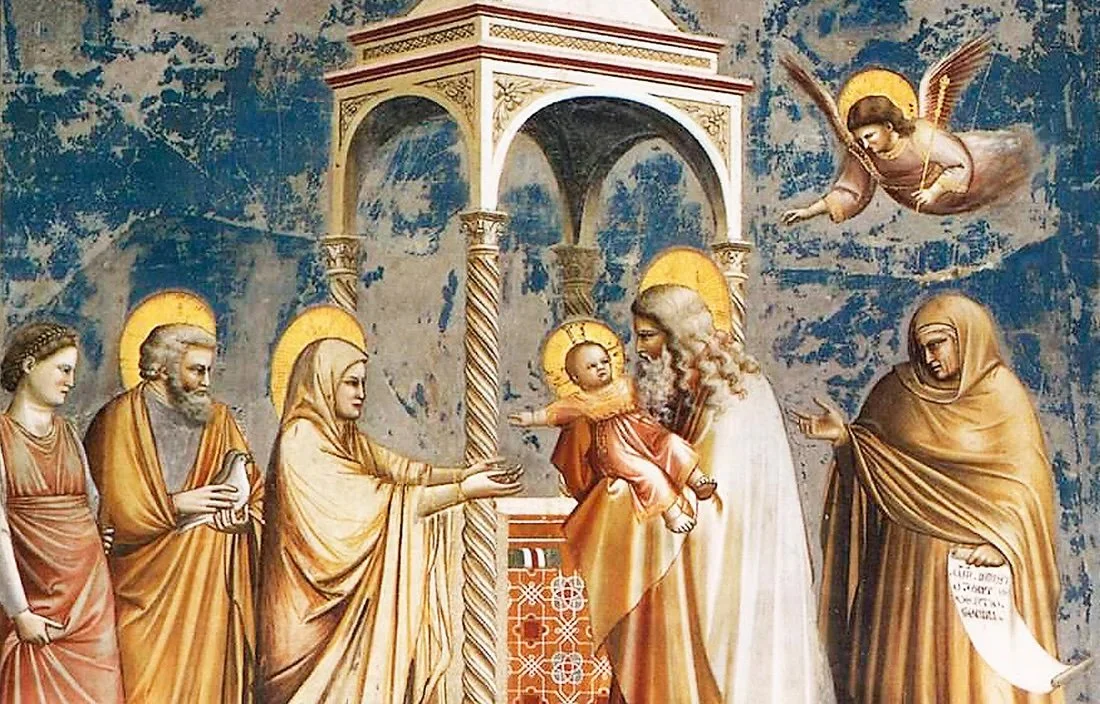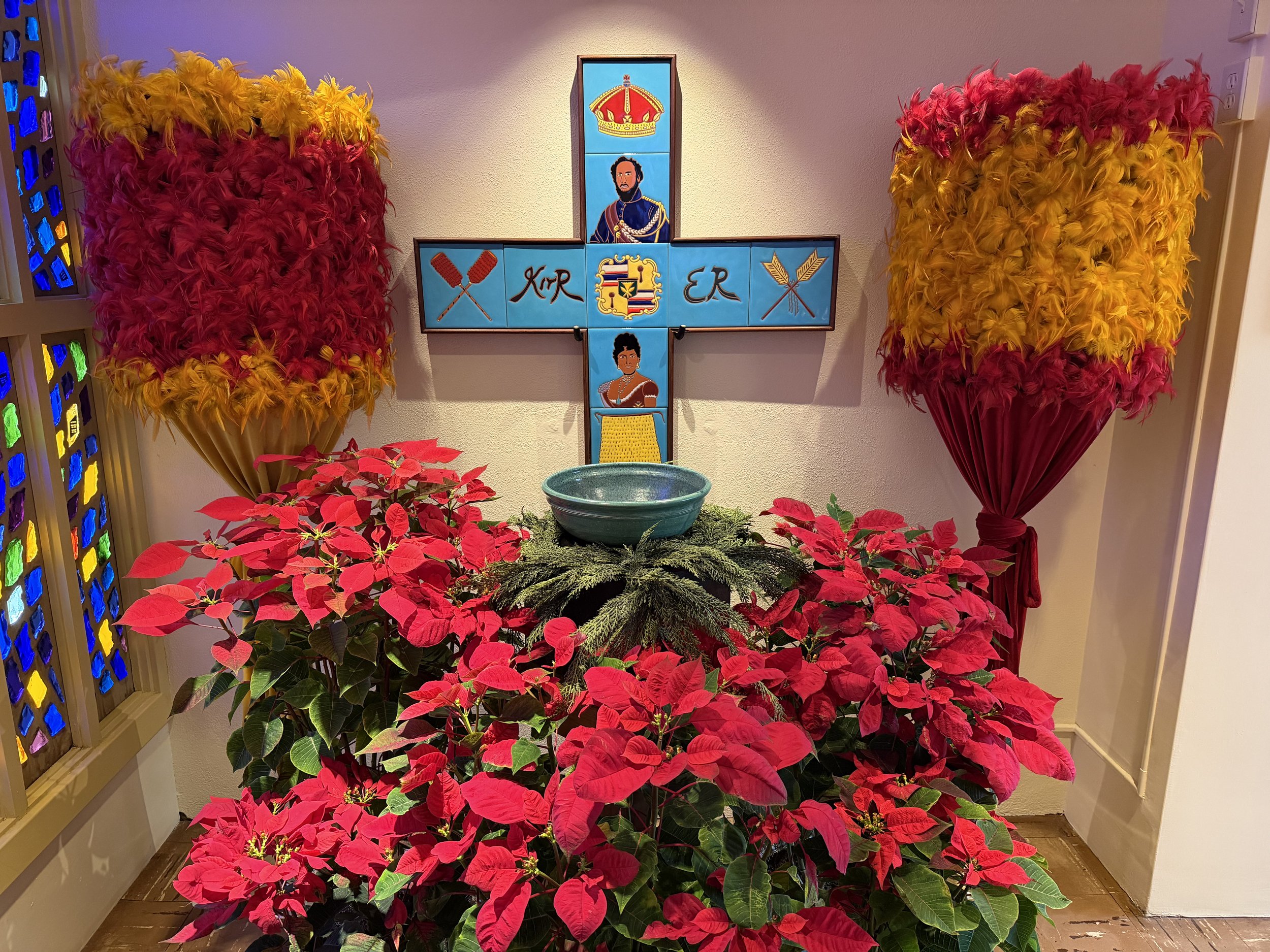From the Rector: Post-Pandemic Church
/25 March 2021
There has been much conversation, or even consternation, about what the church will look like when this pandemic subsides. One of the things I have observed is that two camps are developing in the church. One camp wants to use this pandemic to redefine everything. This camp claims that the church will be radically different once the pandemic ends, and we now have the chance to truly think outside of the box. The other camp has seen that some change has been necessary, but by and large most things will return to how they were before. Churches will mostly be the same, but there will be some technological developments such as live streaming. The future is probably a combination of both camps. (As an aside, in many ways the general operating mode of the Episcopal Church is to do everything “outside of the box,” but that is another column entirely.)
One of the alarm bells I have heard many clergy ringing lately has to do with engagement. How will people engage with their church? Many faithful congregants of the past have said they are happy to stay at home in the future, joining worship through their computers, tablets, and smartphones. For the Episcopal Church, this is shining a light on the need for teaching about the Holy Eucharist, and perhaps the Sacraments in general. As our faith is incarnational, and as we believe that Jesus truly lived among us in flesh and blood, our essential nature as worshipping Christians is to join together in person. We believe in the flesh, whether it is Jesus’ flesh, our own bodies, or the earthy elements of bread and wine. For those who are content with online worship, my caveat is that Christians are sacramental, and sacraments do require in-person presence. There is not much to debate regarding this Christian fact.
So how might the church use live-streaming and technology in the future for worship? I believe that such technology is useful for evangelism. We might even say boldly that the church should use such tools to increase her numerical membership. One of the gifts of online worship, especially livestreaming, is that such forums are less intimidating for those who are seeking out the faith (new potential converts). Those who might be intimidated to visit the church in person may watch the liturgies online, thereby feeling more confident to actually make an in-person visit, hopefully evolving into the full maturity of in-person discipleship week after week. The other main benefits of online platforms are that those who are sick may make their spiritual communion on Sundays when they cannot attend mass, and seasonal visitors may still join the congregation remotely when they are home.
At some point it will be normal to have COVID among us, as it is normal to have the flu and HIV/AIDS among us. A new paradigm shift is going to be required of society and the church. Rather than always asking what is safe in regard to the pandemic, our first unencumbered question will need to unashamedly be “what is the best thing for us to do, so that we may grow healthy churches of Christ’s disciples?” Often such a question has become mired by the necessary requirements of safety during the pandemic. Protection of the existing community has often been the emphasis above all other growth goals. But the Christian faith is by no means a safe faith. The witness of the martyrs throughout the ages exemplifies this truth.
As the reality of a world with COVID constantly among us settles into our minds, we will need to adjust our thinking to desire churches full of people, singing and praising the Lord. When this happens, livestreams will be especially convincing to those who are seeking God. The reality is that spaced-apart seating and sanitizing stations may be found anywhere in our society, and the church must be different than Safeway or Costco. What cannot be found elsewhere in the secular world are vibrant congregations, filling churches with praise, adoring the living God. For that to happen, all disciples will need to return to the churches so that seekers may witness inspiring Christian praise.
Today is the Feast of the Annunciation, when Mary said yes to God’s plan for the world. On Sunday Holy Week begins, the most important week of the year. It is a perfect moment for each of us to ponder what our role shall be in the post-pandemic church. Everything shall open up more and more in our society in the coming months. The question becomes, how shall we magnify our increased freedom to share Christ with others?
More to come,
Father Paul Lillie +








